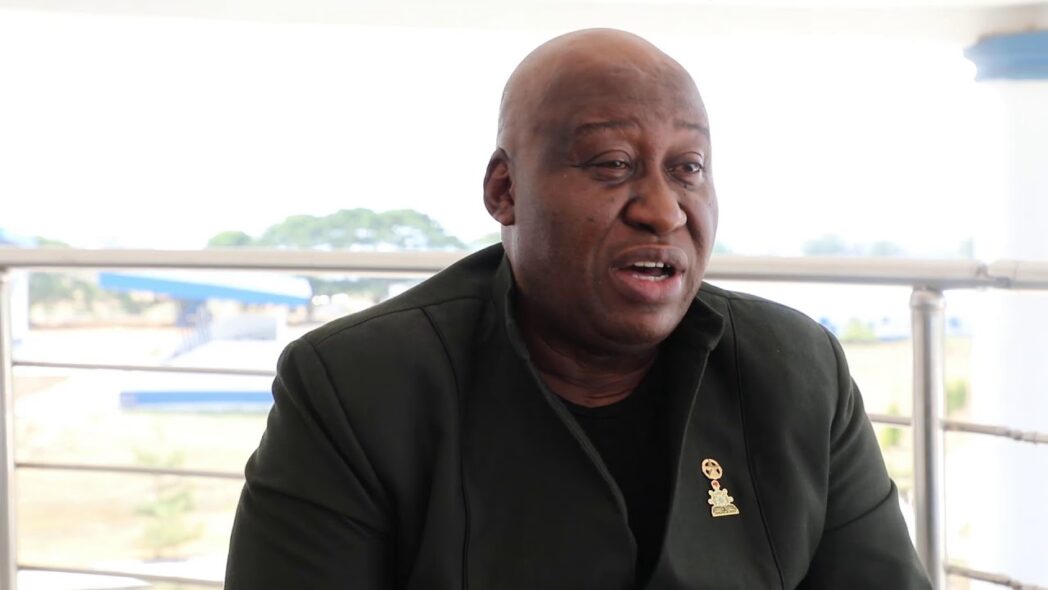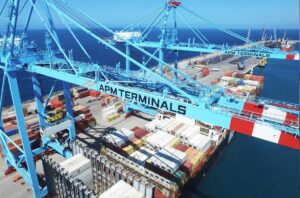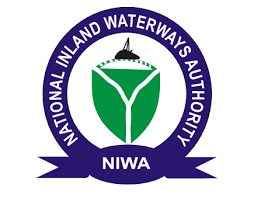
Rector urges maritime infrastructure expansion to boost int’l trade
The Rector, Maritime Academy of Nigeria, Oron, Akwa Ibom, Commodore Duja Effedua (rtd), has urged Nigeria to expand its maritime infrastructure in order to boost international trade.
Effedua who said this at the 2024 maritime lecture series in Oron on Tuesday, said that such step would position Nigeria as a competitive player in the global shipping industry.
Speaking at the lecture themed: “Revamping the Maritime Industry for Global Competitiveness: Issues, Challenges, and Prospects” Effedua said that such investment would be hugely rewarding.
Represented Dr Kelvin Okonna, the Director, Specialised Seafarers, Effedua said that the expansion plan should focus of providing state-of-the-art facilities.
The rector said that Nigeria should acquire modern technologies and facilities that would accommodate larger vessels and increased cargo.
“This will increase efficiency, it will also reduce costs in maritime operations, and make the country more competitive globally.
“The maritime sector plays a crucial role in the country’s economy, about 80 per cent of international trade is carried out through the sea,” he said.
Effedua said that apart from infrastructure deficit, the maritime sector was also faced with lack of skilled manpower and weak regulatory frameworks.
“In the midst of these challenges, there are prospects, Nigeria is strategically located to serve as a hub for regional and international trade into Africa,” Effedua said.
Also speaking, Mr Emmanuel Maiguwa, the President, Maritime Academy of Nigeria Alumni, urged the country to embrace the Smart Port system.
He said that Nigeria should take advantage of the advancements in technology to overcome challenges such as congestion and delays.
Maiguwa who spoke on the topic, “Smart Port: Transforming Nigerian Ports with Technology-Embracing Innovation for Efficiency and Growth”, said that the system will promote efficiency in Port operations in the country.
“We need to do this to transform our traditional port system into a highly efficient, sustainable, and resilient infrastructure,” he said.




